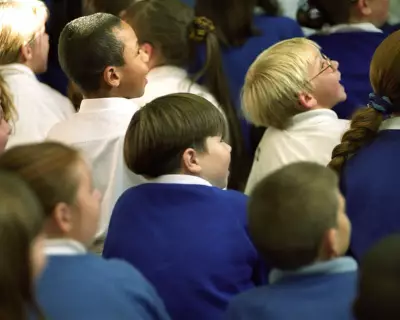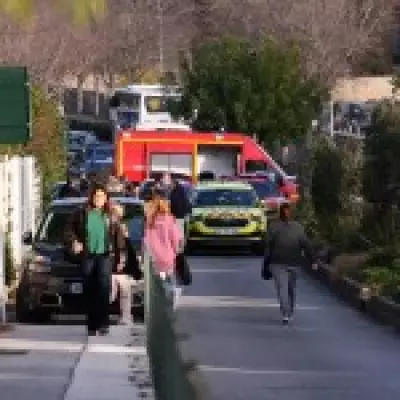
A disturbing trend is sweeping through British higher education institutions, where the fundamental principle of free speech is facing unprecedented challenges. According to recent reports, conservative voices are being systematically marginalised within university environments, raising serious questions about academic freedom and intellectual diversity.
The Silencing of Dissent on Campus
Students and academics who express right-leaning political views are increasingly finding themselves ostracised or censored. This phenomenon extends beyond casual classroom discussions to affect formal debates, society events, and even academic research directions. The very institutions that should champion open inquiry appear to be fostering environments hostile to ideological diversity.
Media Complicity in the Crisis
Mainstream media outlets share responsibility for this troubling development. By frequently misrepresenting or dismissing conservative perspectives, they reinforce the perception that certain viewpoints are illegitimate. This media bias then filters down to influence campus culture, where students may feel pressured to conform to prevailing orthodoxies rather than engage in genuine debate.
The Consequences for Academic Excellence
When universities become echo chambers rather than marketplaces of ideas, the quality of education suffers dramatically. Students are denied the opportunity to develop critical thinking skills through exposure to diverse perspectives. The absence of robust debate ultimately undermines the core mission of higher education: to pursue truth through open inquiry and evidence-based discussion.
A Call for Intellectual Courage
Addressing this crisis requires renewed commitment to academic freedom from university leadership, faculty, and students alike. Institutions must actively protect the rights of all community members to express controversial or unpopular opinions without fear of reprisal. Only through embracing genuine pluralism can UK universities reclaim their role as bastions of free thought and democratic values.
The situation demands urgent attention before the damage to Britain's academic reputation becomes irreversible. The future of higher education—and indeed, of democratic discourse itself—may depend on how this challenge is met.





